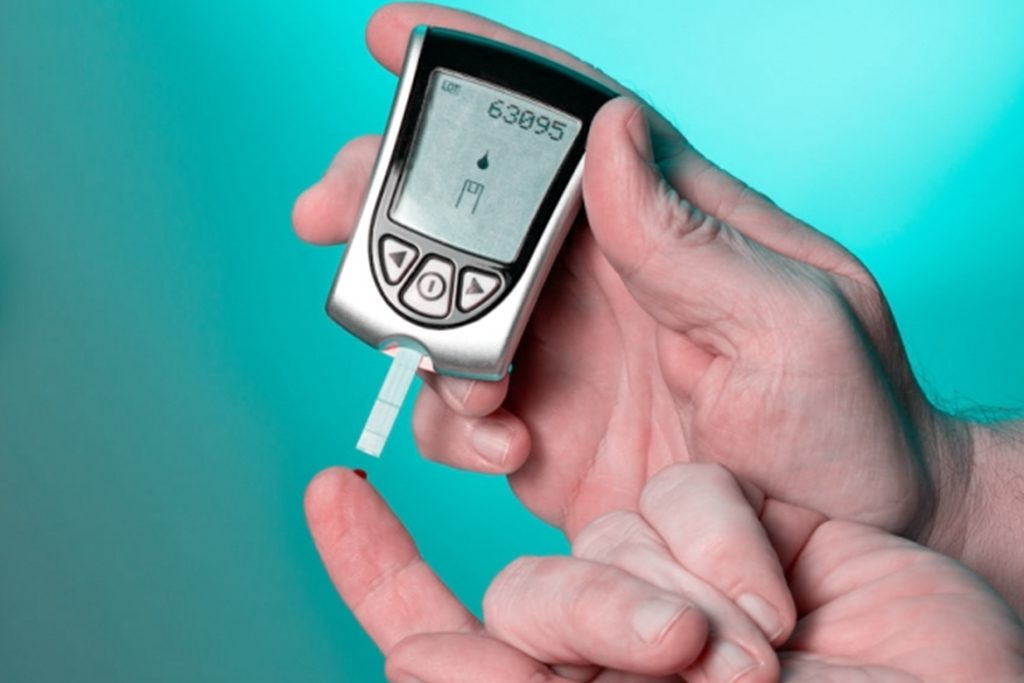Waking up with numb fingers can be not only a puzzling experience but also a potentially alarming one, leaving many people concerned about the underlying cause. In most cases, experiencing numb fingers in the morning is not a sign of a severe medical condition. However, if the numbness persists, worsens or is accompanied by other symptoms, it could be a sign of an underlying issue that requires medical attention. In this article, we will explore the common causes of numb fingers in the morning and the available treatment options.
Causes of Numb Fingers in the Morning
- Sleeping position

Read more: Why do we feel tired in the morning after waking up? 9 tips to kill morning lethargy
One of the most common reasons for numb fingers in the morning is an awkward sleeping position. When you sleep on your arm or hand, it can compress nerves and restrict blood flow to the area, resulting in numbness and tingling. In most cases, the numbness will dissipate shortly after you wake up and start moving your fingers.
- Carpal tunnel syndrome
Carpal tunnel syndrome is a condition caused by the compression of the median nerve as it passes through a narrow tunnel in the wrist. This compression can result in numbness, tingling, and pain in the fingers, particularly in the thumb, index, middle, and ring fingers. Symptoms of carpal tunnel syndrome are often worse during the night or upon waking up in the morning. The reason behind this is that during sleep, we tend to flex our wrists, which exacerbates the compression of the median nerve.
- Thoracic outlet syndrome
Thoracic outlet syndrome is a condition that affects the nerves and blood vessels between the neck and the shoulder, resulting in numbness, tingling, and pain in the arm and hand. Poor posture or sleeping with the arm above the head can compress the nerves and blood vessels and may cause numb fingers upon waking.
- Ulnar nerve entrapment
Ulnar nerve entrapment, also known as cubital tunnel syndrome, occurs when the ulnar nerve is compressed as it passes through the elbow. This compression can lead to numbness and tingling in the pinky and ring fingers. People who sleep with their arms bent or tucked under their heads may experience this type of numbness in the morning.
- Diabetes

People with diabetes have a higher risk of developing peripheral neuropathy, a condition that occurs due to nerve damage often caused by high blood sugar levels. This nerve damage can result in numbness and tingling in the hands and feet, particularly in the morning when blood sugar levels may be at their lowest.
- Vitamin deficiencies
Deficiencies in certain vitamins, particularly vitamin B12, can lead to nerve damage and result in numbness and tingling in the hands and feet. This can be more noticeable upon waking in the morning when nutrient levels in the body are at their lowest.
- Raynaud’s disease
Raynaud’s disease is a condition characterized by the constriction of the blood vessels in the fingers and toes in response to cold temperatures or stress. This constriction can result in numbness and tingling, particularly when waking up in a cold room or with cold hands.
Treatment Options for Numb Fingers in the Morning:

- Lifestyle changes
If your numb fingers in the morning are due to an awkward sleeping position or posture, making simple changes can help alleviate the problem. Try to avoid sleeping on your hands or with your arms bent and tucked under your head. Using a supportive pillow and maintaining a neutral position for your arms and wrists while sleeping can also help prevent numbness.
- Stretching and physical therapy
Gentle stretching and physical therapy exercises can help alleviate symptoms of carpal tunnel syndrome, thoracic outlet syndrome, and ulnar nerve entrapment. A physical therapist can provide individualized exercises and recommendations based on your specific symptoms and needs.
- Splinting or bracing
For cases of carpal tunnel syndrome and ulnar nerve entrapment, wearing a wrist splint or elbow brace while you sleep may help alleviate symptoms. The splint or brace can help maintain a neutral position and reduce pressure on the affected nerves.
- Medications
Over-the-counter pain relievers like ibuprofen and acetaminophen may help alleviate pain and discomfort associated with numb fingers. In some cases, prescription medications like corticosteroids or nerve pain medications may be necessary.
- Diabetes management
For individuals with diabetes, proper blood sugar management can help reduce the risk of peripheral neuropathy and alleviate symptoms. Maintaining a healthy diet, exercising regularly, and checking your blood sugar levels regularly are essential steps in managing your diabetes.
- Vitamin supplementation

Read more: Here are 12 useful tips to begin yoga journey
If a vitamin deficiency is causing your numb fingers, your healthcare provider may recommend vitamin supplementation. Commonly, vitamin B12 supplements can help alleviate neuropathy symptoms caused by deficiencies.
- Treatment of Raynaud’s disease
In cases of Raynaud’s disease, keeping the hands warm, stress management, and medications to promote blood flow may help alleviate numbness and tingling.
- Surgical treatment
In severe cases of carpal tunnel syndrome, thoracic outlet syndrome, or ulnar nerve entrapment, surgical intervention may be necessary to alleviate symptoms. Consult your healthcare provider to determine if surgery is a viable option for your specific condition.
Conclusion
Experiencing numb fingers in the morning can be unsettling, but it is often not a sign of a serious medical condition. By identifying the underlying cause and implementing appropriate treatment options, you can effectively manage this issue and promote overall health and well-being. Always consult with a healthcare provider to determine the best course of action for your unique situation.
